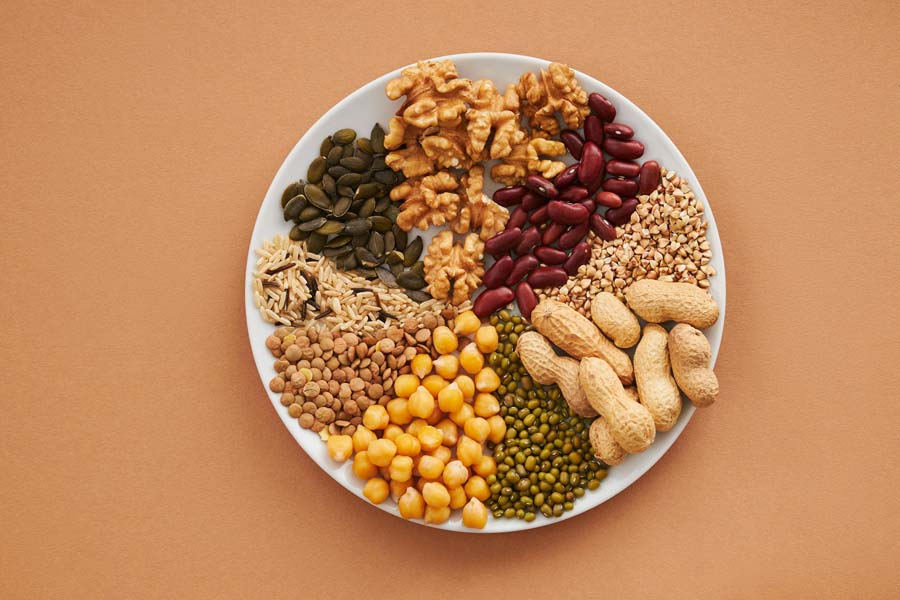You eat well, stay active, and your cholesterol levels look fine—but could hidden inflammation still be putting your heart at risk? Many people don’t realise that chronic inflammation is a silent factor behind heart disease.
This week, as we continue through Heart Health Month, we uncover why inflammation matters and how to take action before it becomes a bigger problem. While we often hear about high cholesterol and blood pressure as heart disease risk factors, chronic inflammation plays a major role in cardiovascular health—and addressing it could be key to long-term heart protection.
The Silent Threat: Why Inflammation Matters for Your Heart
Most people think of inflammation as the redness and swelling that happens after an injury—but inside the body, chronic, low-grade inflammation can persist unnoticed for years, quietly damaging blood vessels and increasing the risk of serious cardiovascular events. Research has shown that persistent, low-grade inflammation can damage blood vessels, contribute to plaque buildup, and increase the risk of heart attacks and strokes.
A 2023 study published in Circulation found that individuals with higher levels of inflammatory markers (such as C-reactive protein or CRP) had a significantly greater risk of cardiovascular events, reinforcing the importance of managing inflammation for heart health.
Fighting Inflammation: Natural Solutions for a Healthier Heart
The good news? Research has uncovered powerful natural compounds that actively fight inflammation, helping to protect your heart and keep your arteries clear. Here are four of the most well-researched natural compounds:
- Curcumin – The active compound in turmeric, curcumin is a potent anti-inflammatory that has been shown to reduce CRP levels and support endothelial function, which is critical for blood vessel health.
- Omega-3 Fatty Acids – Found in fish oil, krill oil, and some plant foods like algae, walnuts and flaxseed, omega-3s help lower inflammation by reducing the production of pro-inflammatory molecules. Studies have linked higher omega-3 intake to a reduced risk of heart disease.
- Nattokinase – This enzyme, derived from fermented soybeans, supports circulation by helping to break down fibrin, a protein involved in blood clotting. Research suggests it may help reduce inflammatory markers like CRP, promote healthy blood flow, and support arterial health.
- Magnesium – An essential mineral for cardiovascular function, magnesium helps regulate blood pressure, relax blood vessels, and reduce markers of inflammation in the body.
Take Action: Simple Steps for Long-Term Heart Health
Last week, we explored dietary and lifestyle factors to support long-term heart health—if you missed it, you can recap them here. But ignoring inflammation is like ignoring a slow-burning fire—it may not seem urgent now, but over time, it can lead to serious damage. By making small, consistent changes, you can take control of your heart health today. By incorporating anti-inflammatory nutrients like curcumin, omega-3s, nattokinase, and magnesium into your routine, you can take proactive steps to support heart health naturally.
As we near the end of Heart Health Month, let’s remember that a healthy heart isn’t just about what we avoid—it’s about the proactive choices we make every day. Heart health isn’t just for February; it’s for life!




